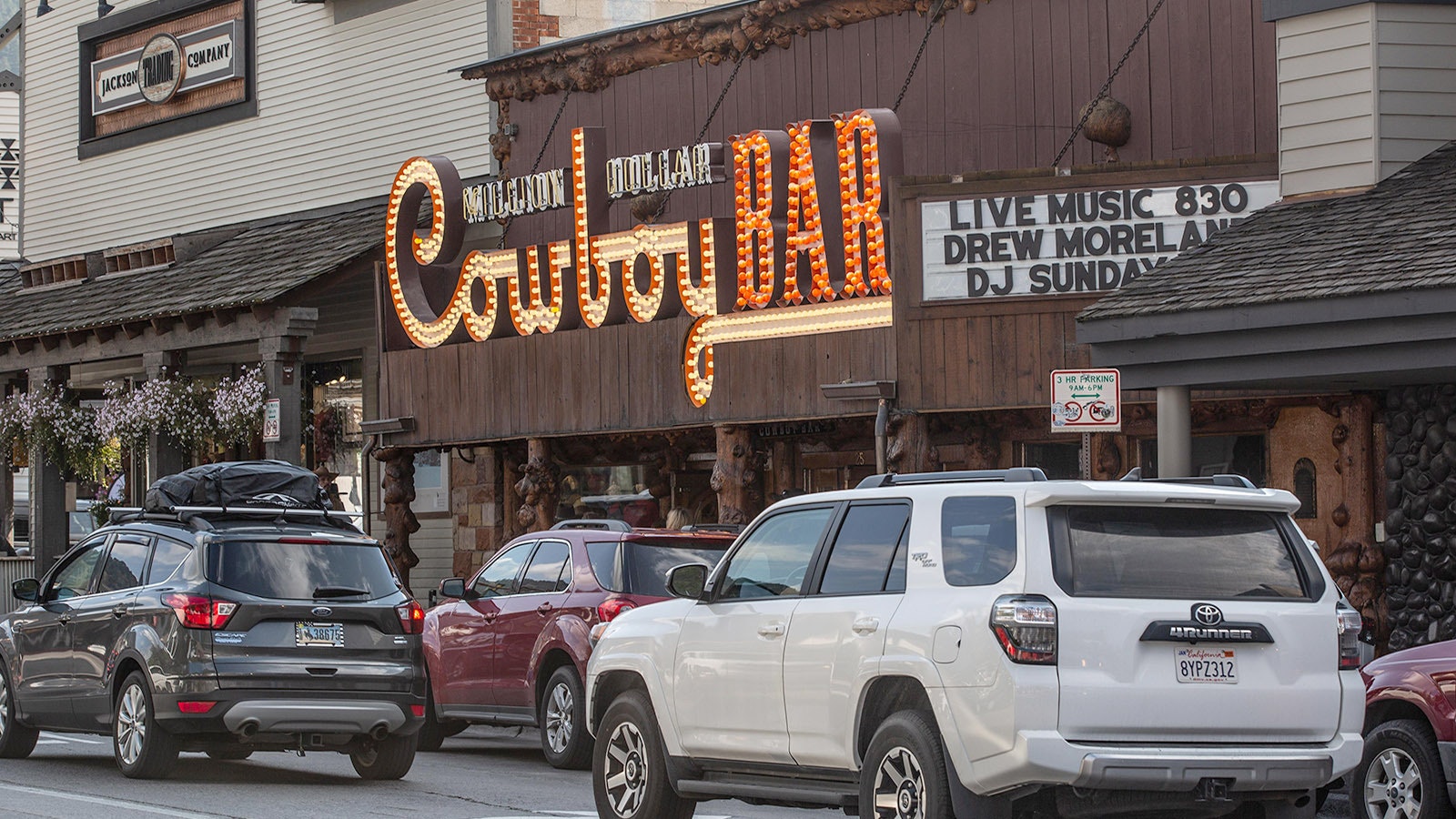Dear editor,
Thank you for your memorial of Nels Smith, who was truly a towering figure in Wyoming politics.
Leo Wolfson’s Sept. 6 article, “Tall And Booming: Nels Smith Is Why There’s No State Income Tax In Wyoming,” correctly states that the constitutional amendment Smith sponsored and adamantly fought for would nullify the impact of any state income tax for most Wyoming residents by granting a credit for the sales and ad valorem (property) taxes that an individual has already paid.
In essence, most people in Wyoming already pay enough in sales and property taxes that, if these were credited against a new income tax, it would all come out in the wash. Most people would owe little or nothing extra.
However, thanks to Smith’s amendment, an income tax would impact a very small group of Wyoming residents in a significant way—ultra wealthy people with extremely high incomes.
Even though the billionaires of Teton County pay property taxes on sprawling luxury ranches and sales tax on extravagant purchases, a 2017 analysis by the Institute on Taxation and Economic Policy (ITEP) found that a person whose income is $3 million a year—the median income of Wyoming’s richest one percent at the time—would pay $150,000 a year in state income tax, even with Smith’s provision in place.
Far from this being “unfair” to ultra-wealthy state residents, the Tax Reform 2000 commission appointed by Republican Governor Jim Geringer noted that, in Wyoming, extremely rich people currently pay a far smaller share in taxes than most working people do.
The commission found that, with Smith’s amendment applied to an income tax, “Higher incomes would pay a greater portion of the [income] tax, but when all taxes households pay are considered, each level of income would pay approximately the same percentage in state taxes.” This is the definition of fairness.
As a result of Smith’s efforts, the revenue a Wyoming state income tax would generate from a small group of extremely rich people would amount to several hundred million dollars per year—enough, for instance, to close the state’s deficit in education funding—all while sparing average residents any appreciable tax increase.
Sincerely,
Nate Martin
Executive Director
Better Wyoming
Laramie





